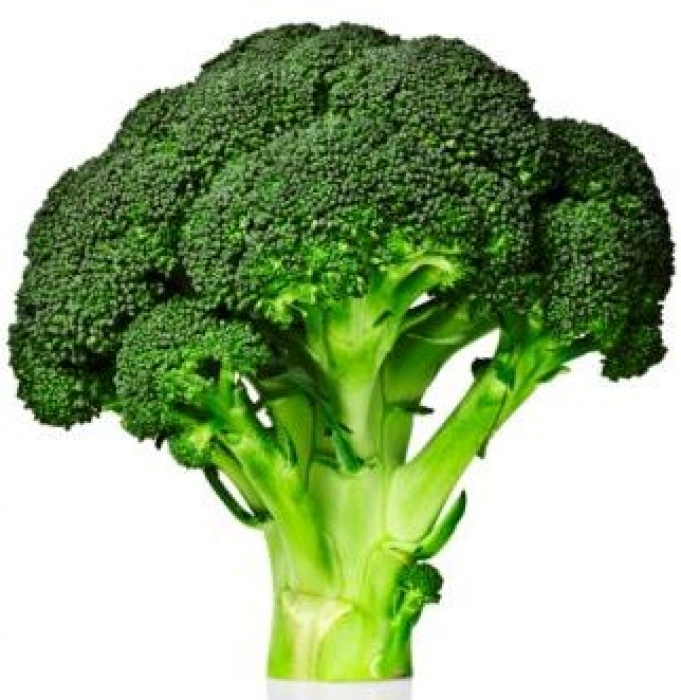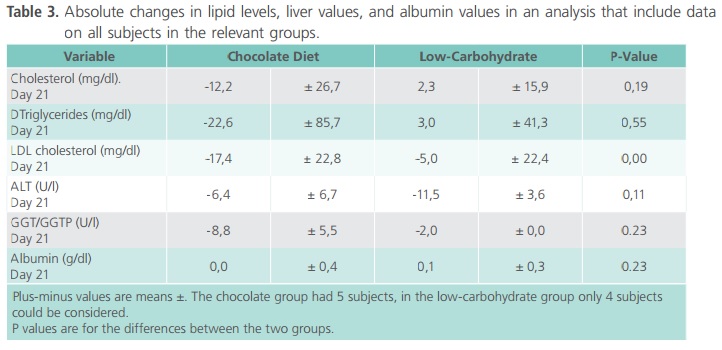Diabetics are more susceptible to heart disease than the rest of the population—that's the bad news. The good news is a new study shows drinking a glass of red wine before bed can help to protect the heart from disease by lowering bad cholesterol levels.
The study was conducted by researchers from the Ben-Gurion University of the Negev in Israel, in collaboration with health experts from Harvard School of Public Health and Leipzig University.
Over 220 type-2 diabetes patients were chosen to take part in the two-year-long trial. Each volunteer adhered to a Mediterranean diet and some of the volunteers were also told to drink a glass of red wine (150ml) with their dinner. The rest of the volunteers consumed white wine or mineral water. Subsequent testing revealed the red wine group had higher levels of good cholesterol than the members of the other two groups.
Good (HDL) cholesterol protects heart health by purging the arteries of bad (LDL) cholesterol.
The investigation was headed by Professor Iris Shai.
"This first long-term large scale alcohol trial suggests that initiating moderate wine intake, especially red-wine, among well-controlled type 2 diabetes patients, and as part of healthy diet, is apparently safe and decreases cardiometabolic risk," Shai said.
In recent years a number of studies have found a link between red wine consumption and lowered cholesterol levels and it has been suggested the French love of red wine may explain why the level of heart disease in France is so low, despite the high amount of red meat and high fat cheese that is consumed in the country each year.
Red wine contains a compound called resveratrol that is believed to provide many health benefits, and may also contribute to weight loss, but research suggests red wine's cholesterol lowering abilities are not due to its resveratrol content. The real cholesterol lowering compound is, as yet, unknown, but the statistics show red wine is more beneficial than white wine.
The results of the new study were presented at the European Congress on Obesity in Prague last week.
The study was conducted by researchers from the Ben-Gurion University of the Negev in Israel, in collaboration with health experts from Harvard School of Public Health and Leipzig University.
Over 220 type-2 diabetes patients were chosen to take part in the two-year-long trial. Each volunteer adhered to a Mediterranean diet and some of the volunteers were also told to drink a glass of red wine (150ml) with their dinner. The rest of the volunteers consumed white wine or mineral water. Subsequent testing revealed the red wine group had higher levels of good cholesterol than the members of the other two groups.
Good (HDL) cholesterol protects heart health by purging the arteries of bad (LDL) cholesterol.
The investigation was headed by Professor Iris Shai.
"This first long-term large scale alcohol trial suggests that initiating moderate wine intake, especially red-wine, among well-controlled type 2 diabetes patients, and as part of healthy diet, is apparently safe and decreases cardiometabolic risk," Shai said.
In recent years a number of studies have found a link between red wine consumption and lowered cholesterol levels and it has been suggested the French love of red wine may explain why the level of heart disease in France is so low, despite the high amount of red meat and high fat cheese that is consumed in the country each year.
Red wine contains a compound called resveratrol that is believed to provide many health benefits, and may also contribute to weight loss, but research suggests red wine's cholesterol lowering abilities are not due to its resveratrol content. The real cholesterol lowering compound is, as yet, unknown, but the statistics show red wine is more beneficial than white wine.
The results of the new study were presented at the European Congress on Obesity in Prague last week.



 RSS Feed
RSS Feed
